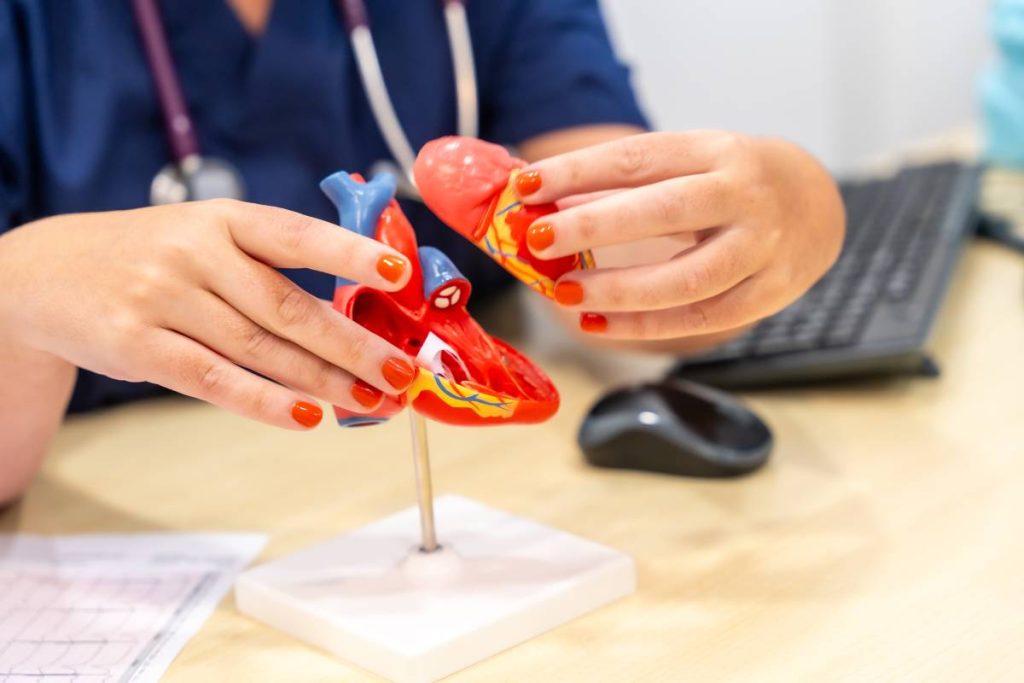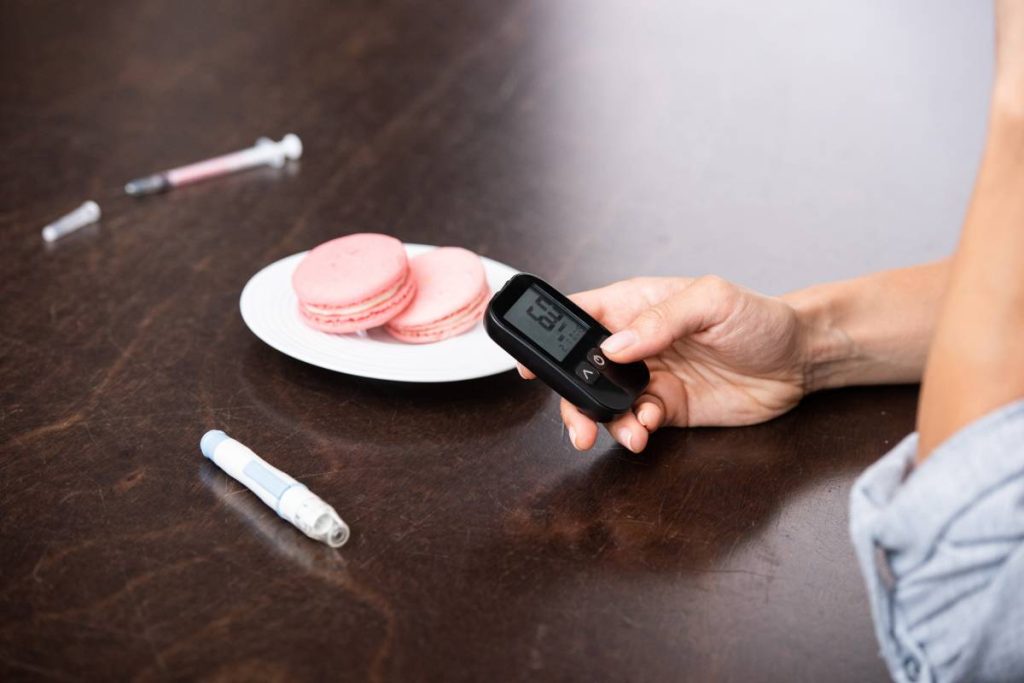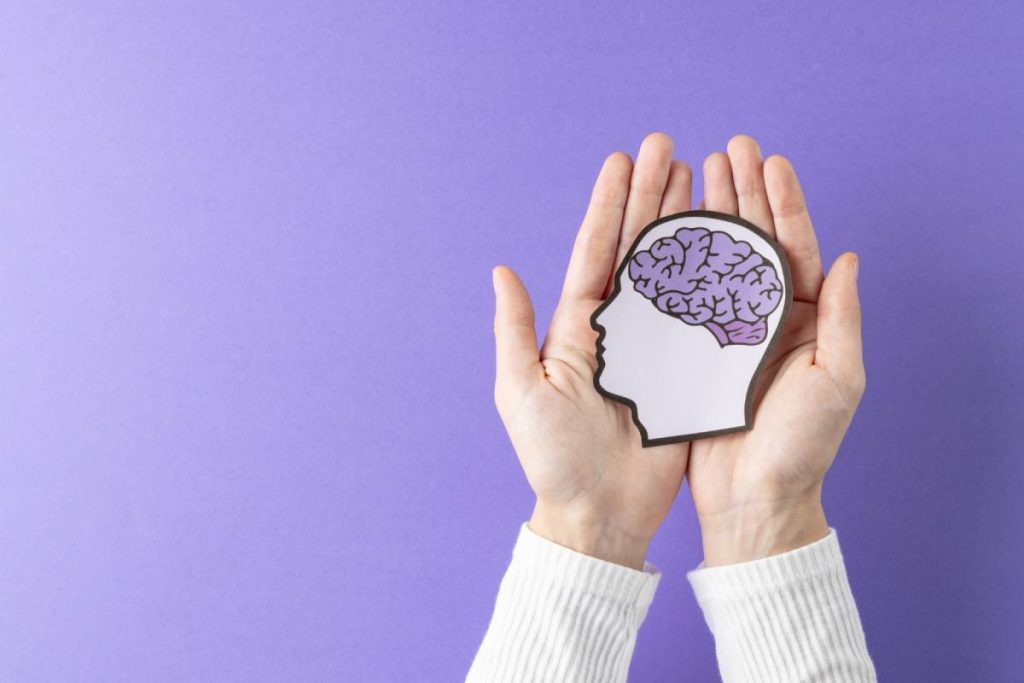Addiction Causes: The Role of Psychological & emotional Factors

Many people think this condition is just a lack of self-control, but psychology shows it’s more than that. It is a serious mental and emotional issue that affects how a person thinks, feels, and acts.
It can involve using things like alcohol or drugs, or doing certain activities over and over, like gambling or shopping. This condition changes the brain, making it very hard to stop the harmful behavior even when the person wants to stop.
This article explains what it means in psychology, what psychological addiction is, and the emotional and mental health issues that can lead to it. When we understand the emotional side, we can give better help and support the healing process.
What Is Addiction in Psychology?
In psychology, addiction is a strong and repeated need to do something, even when it causes harm.
People with this condition may know that what they are doing is bad for their health, relationships, or work but they cannot stop. It affects both the brain and behavior.
- Some common types include:
- Substance use (alcohol, drugs, nicotine)
- Behavioral patterns (gambling, internet, shopping, eating)
A person with this condition feels a strong urge or craving. They may try to stop many times but find it very hard. Over time, it can change how the brain works, especially the parts that control reward, self-control, and decision-making.
What Is Psychological Addiction?
Psychological addiction refers to the mental and emotional side of this condition. Unlike physical dependence, which involves the body’s reaction to stopping a substance, it is about how people feel and think.
Someone with psychological addiction may feel they need something to:
- Feel good
- Cope with stress
- Avoid sadness, boredom, or loneliness
- Feel in control of life
Even without physical symptoms, the emotional need can be very strong. For example, a person may drink alcohol not because their body needs it, but because it helps them escape painful thoughts. This is psychological.
- Thinking about the behavior or substance all the time
- Using it to deal with emotions or problems
- Feeling anxious, restless, or sad when not using it
- Losing interest in other activities
- Denying there is a problem
How Addiction Affects the Brain
Addiction changes how the brain works. It affects the brain’s reward system, making certain substances or behaviors feel very rewarding. Over time, the brain learns to focus more and more on that reward and less on other healthy activities.
At the same time, the brain’s ability to manage self-control and decision-making becomes weaker. This is why people with addiction often keep using a substance or doing a behavior, even when they know it is harmful.
These brain changes can be long-lasting, which is why addiction is called a chronic condition. However, recovery is possible with support, time, and care.
Fibrillation and Addiction
Fibrillation, especially atrial fibrillation, is an irregular heart rhythm linked to stress and lifestyle factors often seen in addiction.
Chronic stress and substance abuse can raise the risk of fibrillation. Stimulant drugs like cocaine can directly cause dangerous irregular heartbeats. This shows addiction affects both mental health and physical health risks.
Common Psychological Factors in Addiction
There is no single cause of addiction. But certain mental and emotional factors make addiction more likely. Here are some of the most common ones:
1. Trauma and Painful Experiences
Many people with this condition have faced emotional trauma such as abuse, loss, or neglect. These experiences can leave deep emotional wounds. It can become a way to cope with this pain.
A person might use drugs, alcohol, or other behaviors to forget, numb feelings, or escape. Trauma is often hidden. A person may not talk about it, but it still affects their emotions and choices. Treating this condition often means also helping the person heal from past pain.
2. Low Self-Esteem
Low self-esteem means feeling unworthy, not good enough, or insecure. People with low self-esteem may turn to addiction to feel better. A drink, a drug, or a shopping spree might bring temporary confidence or happiness. But later, they often feel guilt or shame, which makes the cycle continue.
3. Mental Health Conditions
Mental health problems like depression, anxiety, PTSD, or ADHD often appear alongside addiction. This is called a “dual diagnosis.” People may use substances to try to manage their symptoms.
For example:
- Someone with anxiety may use alcohol to feel calm.
- Someone with depression may use drugs to feel happy.
But these substances usually make the mental health issue worse. That’s why both the addiction and the mental illness must be treated together.
4. Stress and Poor Coping Skills
Life stress like work pressure, money problems, or family conflict can lead people to this condition. If someone doesn’t have healthy ways to cope, they may turn to unhealthy habits.
People with this condition may not have learned how to deal with stress or emotions. They may avoid their problems instead of facing them. Teaching good coping skills can help prevent it or support recovery.
The Cycle of Addiction
Addiction often follows a repeating pattern:
- Trigger – A problem, emotion, or memory causes discomfort.
- Craving – The person wants to feel better.
- Action – They use a substance or repeat a behavior.
- Relief – They feel better for a short time.
- Regret – They feel guilt, shame, or sadness.
- Repeat – The next trigger starts the cycle again.
Understanding this cycle helps people learn when and why they turn to addiction, and how to break the pattern.
Breaking the Cycle: Trauma-Informed Support
Many people with addiction have also experienced trauma. A trauma-informed approach means treating people with kindness, respect, and safety. Instead of judging them, we try to understand what pain they are carrying.
This approach includes:
- Listening without blame
- Offering choices and control
- Building trust over time
- Helping them feel safe
Therapies like Cognitive Behavioral Therapy (CBT), Dialectical Behavior Therapy (DBT), and trauma therapy help people deal with both addiction and past trauma.
Can You Recover from Addiction?
Yes. People recover from addiction every day. Recovery is not just about quitting drugs or alcohol. It’s about building a better life with healthy habits, positive relationships, and self-care.
Treatment often includes:
- Therapy to understand triggers and learn coping skills
- Medication to reduce cravings or support mental health
- Support groups like Alcoholics Anonymous (AA) or SMART Recovery
- Lifestyle changes, such as exercise, sleep, and healthy eating
- Family support to create a safe and loving environment
There is no “one-size-fits-all” solution. What matters most is finding what works for each person.
Conclusion
Addiction in psychology is not just a habit or weakness. It’s a serious condition that affects how people think, feel, and behave. Psychological addiction is especially powerful because it ties into emotions, stress, and past trauma.
Many people with addiction are also dealing with deep pain, low self-esteem, or mental health issues. Understanding these factors helps us offer better support not with judgment, but with compassion. With the right help, people can heal, grow, and build a life free from addiction. Recovery is possible, and it starts with understanding the mind behind the craving.

 English
English 













































































